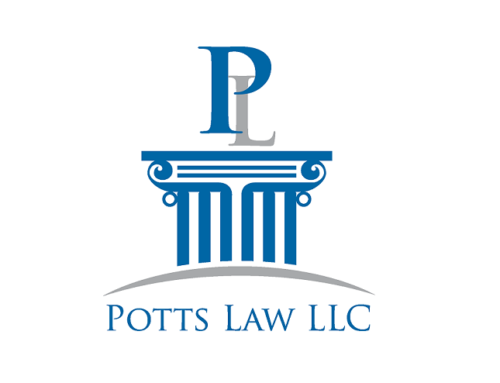To convict someone under Indianapolis drug crime law, the prosecutor needs to show evidence of wrongdoing. Law enforcement collects this evidence as part of its duties, but the collection method isn’t always legal. In fact, the Constitution protects individuals from searches and seizures outside of specific situations.
What Are Illegal Forms of Evidence Collection?
The Fourth Amendment states that the government can’t search individuals or their property without probable cause. To ensure this requirement is met, police must have a warrant with the following information:
- Name of the individual subject to search
- Specific address of search location
- List of items to be searched and seized
With few exceptions, if law enforcement searches without probable cause or searches property not specified in the warrant, their conduct is illegal.
Why Does the Collection Method Matter?
Evidence collected illegally can be thrown out by the judge. It’s in law enforcement’s best interest to stay within the confines of the law when searching.
Additionally, if police violate your constitutional rights, you have the right to bring them to court. In some cases, departments and agencies may have to pay damages.
What Can You Do If You Believe Evidence Against You Has Been Collected Illegally?
The first step is to contact a lawyer to determine if your constitutional rights were violated. There are several exceptions to the fruit-of-the-poisonous-tree doctrine as established by the Supreme Court:
- Independent source
- Good faith
- Inevitable discovery
If you have a case, your lawyer can help you file a complaint against the agency. If you are being charged with a crime, your lawyer can move to suppress the illegally obtained evidence.
When Should You Contact an Indianapolis Drug Crime Law Firm?
When you are charged with a crime, you have the right to legal counsel. If that crime includes possession of illegal substances, you should contact an Indianapolis drug crime law firm such as Potts Law LLC.
Kevin Potts is dedicated to helping defendants. Contact Potts Law at (317) 951-0087 or fill out the online contact form.


